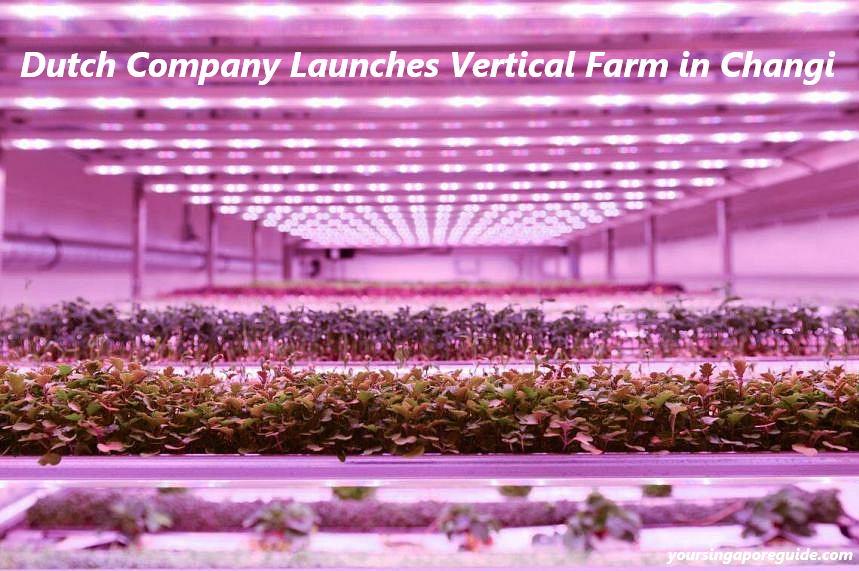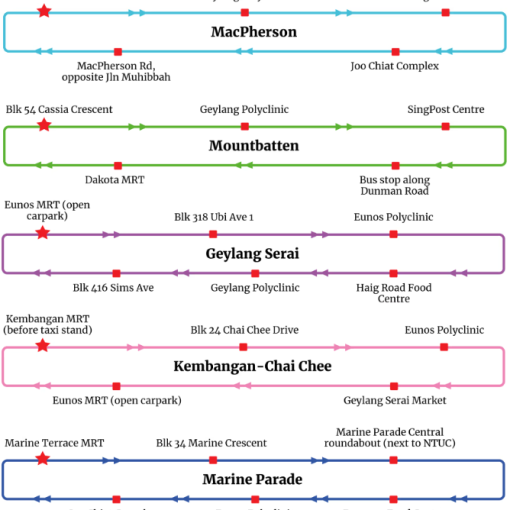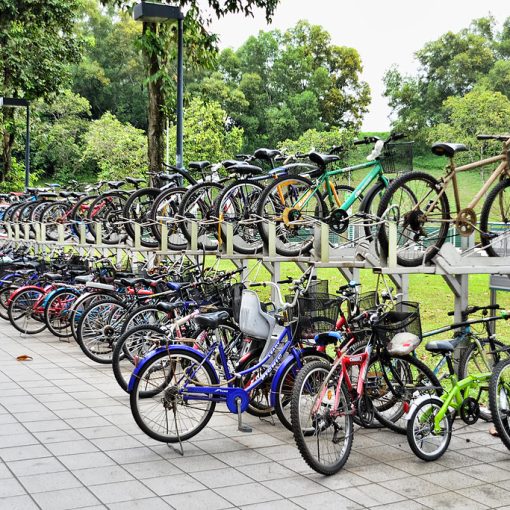Contents
A Dutch company has launched a new vertical farm in Changi, Singapore. This farm aims to provide fresh greens to local stores by December. Vertical farming is a modern way to grow food in stacked layers. It uses less space and can produce food all year round. This article provides detailed information on the vertical farm, its benefits, and its impact on Singapore’s food supply.
What is Vertical Farming?
Vertical farming is a method of growing crops in vertically stacked layers. This technique uses technology to create ideal growing conditions.
How Vertical Farming Works?
- Stacked layers- Plants are grown in layers, which saves space.
- The farm controls light, temperature, and water.
- Many vertical farms use hydroponics, which means growing plants in water without soil. This method allows for efficient use of space and resources.
Benefits of Vertical Farming:
- Vertical farms take up less land than traditional farms
- They can produce food throughout the year, regardless of weather.
- Local production means fresher food and less transportation pollution.
- Vertical farming is an innovative solution for urban areas with limited space.
The Dutch Company: Growy
The company behind the new vertical farm is called Growy. They are known for their advanced agricultural technology. Growy is based in the Netherlands. They specialize in vertical farming and sustainable agriculture. Growy has farms in other countries, including Germany and Kuwait. Growy aims to produce high-quality leafy greens using innovative methods.
Goals of the Changi Farm:
The new farm in Changi aims to support Singapore’s food security goals. The farm will produce up to 500 tonnes of leafy greens annually. It will help reduce Singapore’s reliance on imported food. This farm plays a key role in Singapore’s “30 by 30” initiative, which aims to produce 30% of nutritional needs locally by 2030.
The Importance of Food Security in Singapore:
Singapore faces challenges when it comes to food security. The country imports over 90% of its food.
Challenges Faced:
Singapore has very little land available for traditional farming. Relying on imports can lead to supply chain issues. These challenges make it important for Singapore to find new ways to grow food locally.
The “30 by 30” Initiative:
In 2019, Singapore launched the “30 by 30” initiative:
- To produce 30% of its nutritional needs by 2030.
- Strategy: This includes investing in technology like vertical farms. The initiative aims to create a more sustainable and resilient food system.
Features of the New Vertical Farm
The new vertical farm at Changi has several advanced features that enhance its efficiency.
Advanced Technology:
- Robots help with planting, monitoring, and harvesting.
- Sensors track plant growth and environmental conditions.
This technology helps maximize productivity while minimizing resource use.
Sustainable Practices:
- The farm uses hydroponics, which reduces water usage significantly
- The greens produced are grown without harmful chemicals.
These practices ensure that the farm operates in an environmentally friendly manner.
Impact on Local Communities:
The vertical farm will have a positive impact on local communities in Singapore.
With the new farm:
- Local stores will have access to fresh greens.
- Consumers can buy healthier options that are grown nearby.
- This increases the availability of fresh produce for residents.
- The establishment of the farm will create jobs. New positions will be available in farming, technology, and management. This contributes to the local economy and workforce development.
- Job creation supports economic growth in Singapore.
Collaboration with Local Institutions:
Growy has partnered with local institutions for research and development:
- Collaborations will help improve farming techniques and technologies.
- Knowledge sharing between countries enhances innovation in agriculture.
- Working together strengthens the agricultural sector in Singapore.
Conclusion:
The launch of Growy’s vertical farm in Changi is an exciting development for Singapore’s food landscape. This innovative approach to farming addresses key challenges related to food security and sustainability. By producing fresh greens locally, this vertical farm supports Singapore’s goal of becoming more self-sufficient in food production. With advanced technology and sustainable practices, Growy is setting a new standard for urban agriculture. As more vertical farms emerge, they will play an essential role in ensuring that cities can feed their populations efficiently and sustainably.







